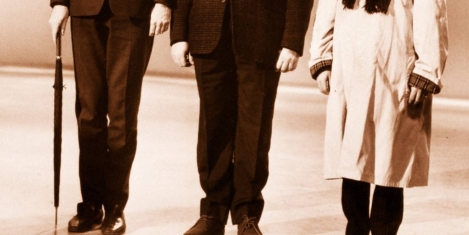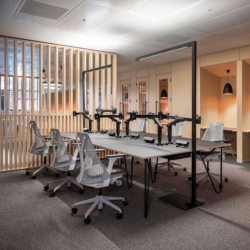February 10, 2025
When it comes to business change, persistence eats resistance for lunch
 People’s favourite word in change is RESISTANCE. We seem to not be able to talk about it enough. The problem is that many times, the thought of resistance stops us from doing something because we are either afraid of it or just don’t want to deal with it and this causes big problems for us as leaders in our businesses. Whenever there is change, there will be resistance, that is a given. Why – because it is human and natural to resist any change, whether that be positive or negative. If I or someone else said to you “You have the winning lottery ticket!” your first reaction would be to dis-believe, which is a form of resistance. (more…)
People’s favourite word in change is RESISTANCE. We seem to not be able to talk about it enough. The problem is that many times, the thought of resistance stops us from doing something because we are either afraid of it or just don’t want to deal with it and this causes big problems for us as leaders in our businesses. Whenever there is change, there will be resistance, that is a given. Why – because it is human and natural to resist any change, whether that be positive or negative. If I or someone else said to you “You have the winning lottery ticket!” your first reaction would be to dis-believe, which is a form of resistance. (more…)



































February 20, 2025
We may think we are pretty aware of the effects of AI. But posterity may draw different conclusions
by Jo Sutherland • AI, Comment, Wellbeing